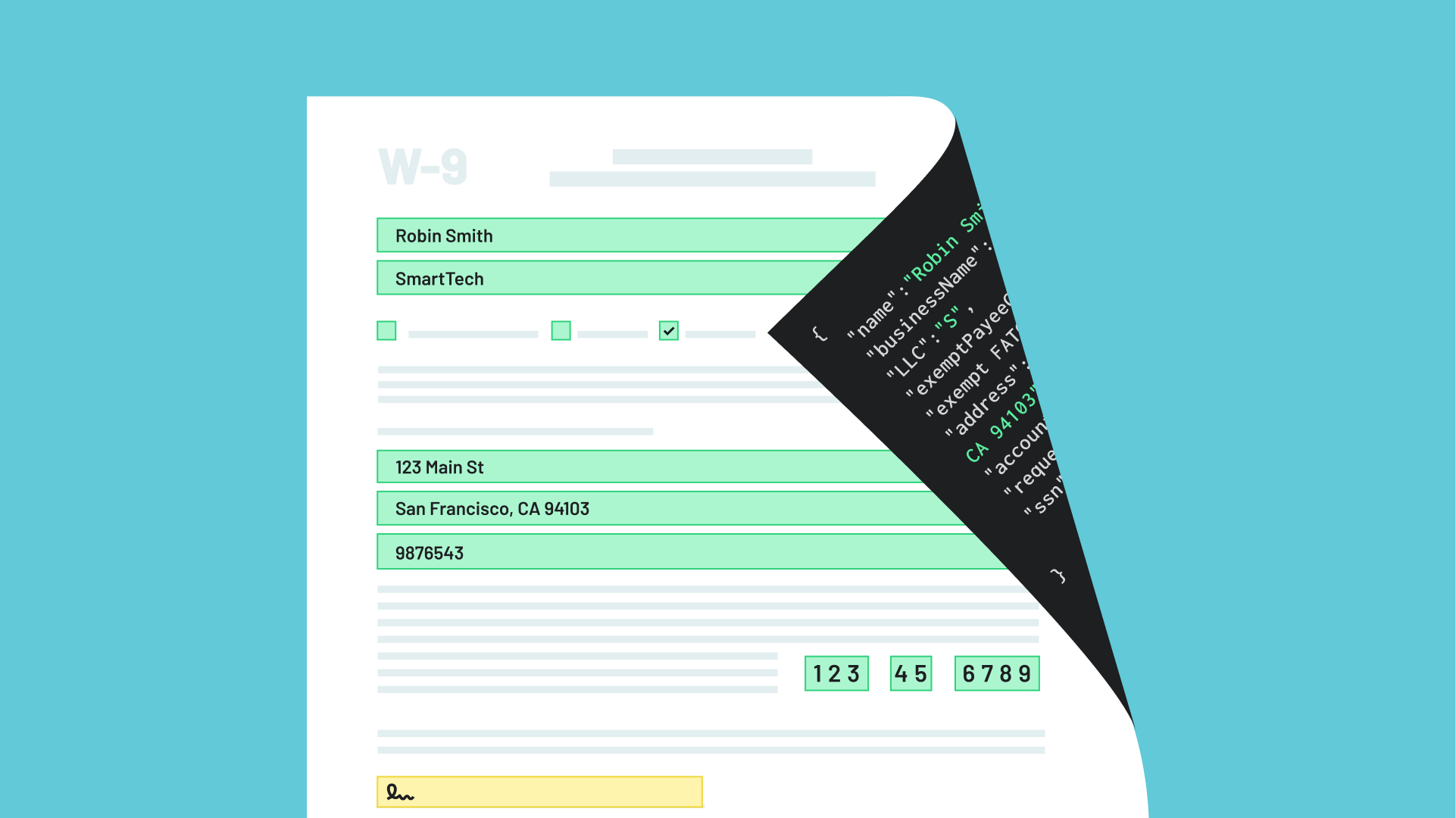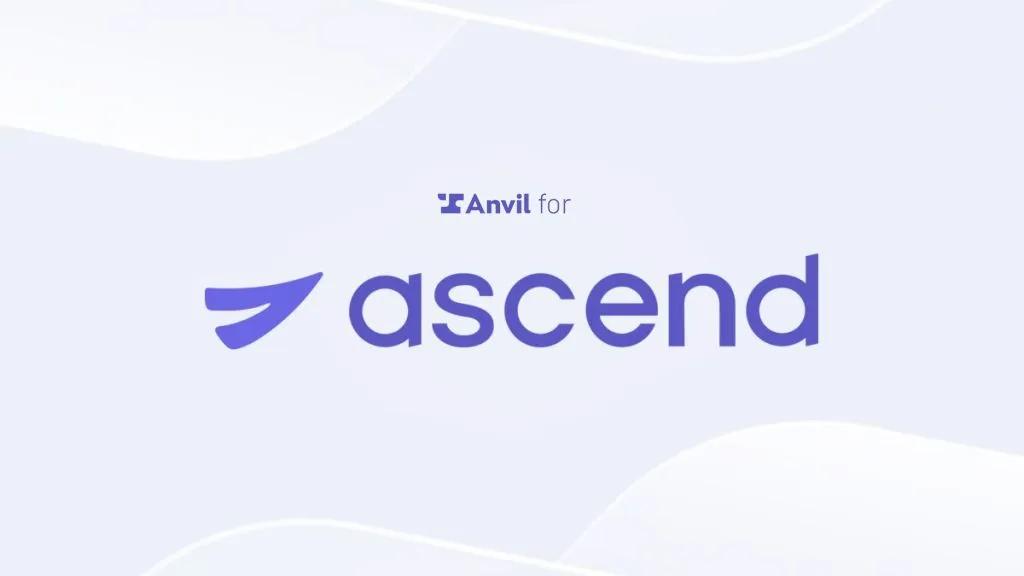Fill PDFs with JSON

Common use cases
Onboarding for HR teams
Insurance policy documents
Loan application processing
Key benefits
Faster policy issuance & claims processing
Increased efficiency & time savings
Reduce manual errors & outdated paperwork processes
Frequently asked
PDF Filling with JSON allows users to programmatically populate PDF forms using JSON (JavaScript Object Notation) data. This integration enables seamless automation of document generation by mapping JSON data structures to corresponding fields within PDF templates, facilitating efficient and accurate form completion.
Anvil's PDF Filling with JSON feature supports a wide range of PDF forms, including Interactive Forms (PDFs with fillable fields such as text boxes, checkboxes, radio buttons, and dropdown menus). Static Forms (Non-interactive PDFs where text and other elements can be programmatically added or modified.), and Complex Forms (PDFs with nested fields, multiple sections, and conditional logic.) Any PDF that can be structured with identifiable fields can be utilized with Anvil's JSON-based filling.
Anvil's PDF Filling product is designed to handle large and complex JSON data structures efficiently. However, practical limits may depend on factors such as server resources, the complexity of the PDF template, and the specific use case requirements. For extremely large or intricate JSON data, it's advisable to consult Anvil's documentation or support team to ensure optimal performance and to address any potential limitations.
When using JSON to fill PDF forms, data is transmitted securely using encryption protocols (such as HTTPS) to protect it during transit. Additionally, Anvil employs robust data protection measures, including secure storage, access controls, and compliance with industry standards and regulations (e.g., GDPR, HIPAA). Users can also implement additional security practices, such as API key management and role-based access controls, to further safeguard their data.
Yes, Anvil allows full customization of PDF templates to accommodate various JSON data structures. Users can design and upload multiple PDF templates, each tailored to specific data requirements. Through Anvil's mapping interface or API, you can define how different JSON keys correspond to fields in each PDF template, enabling flexibility to handle diverse document types and data variations.
Related resources









